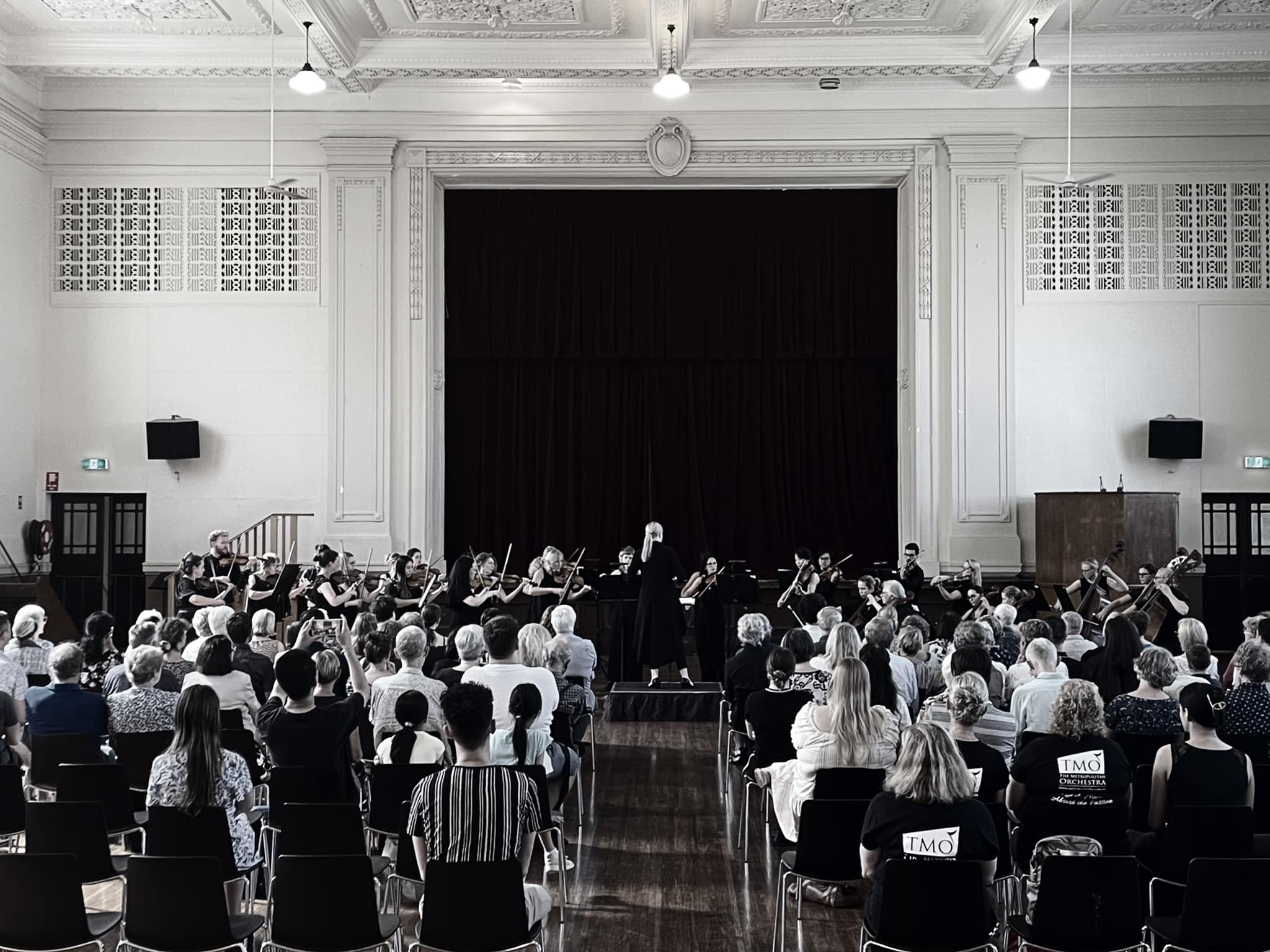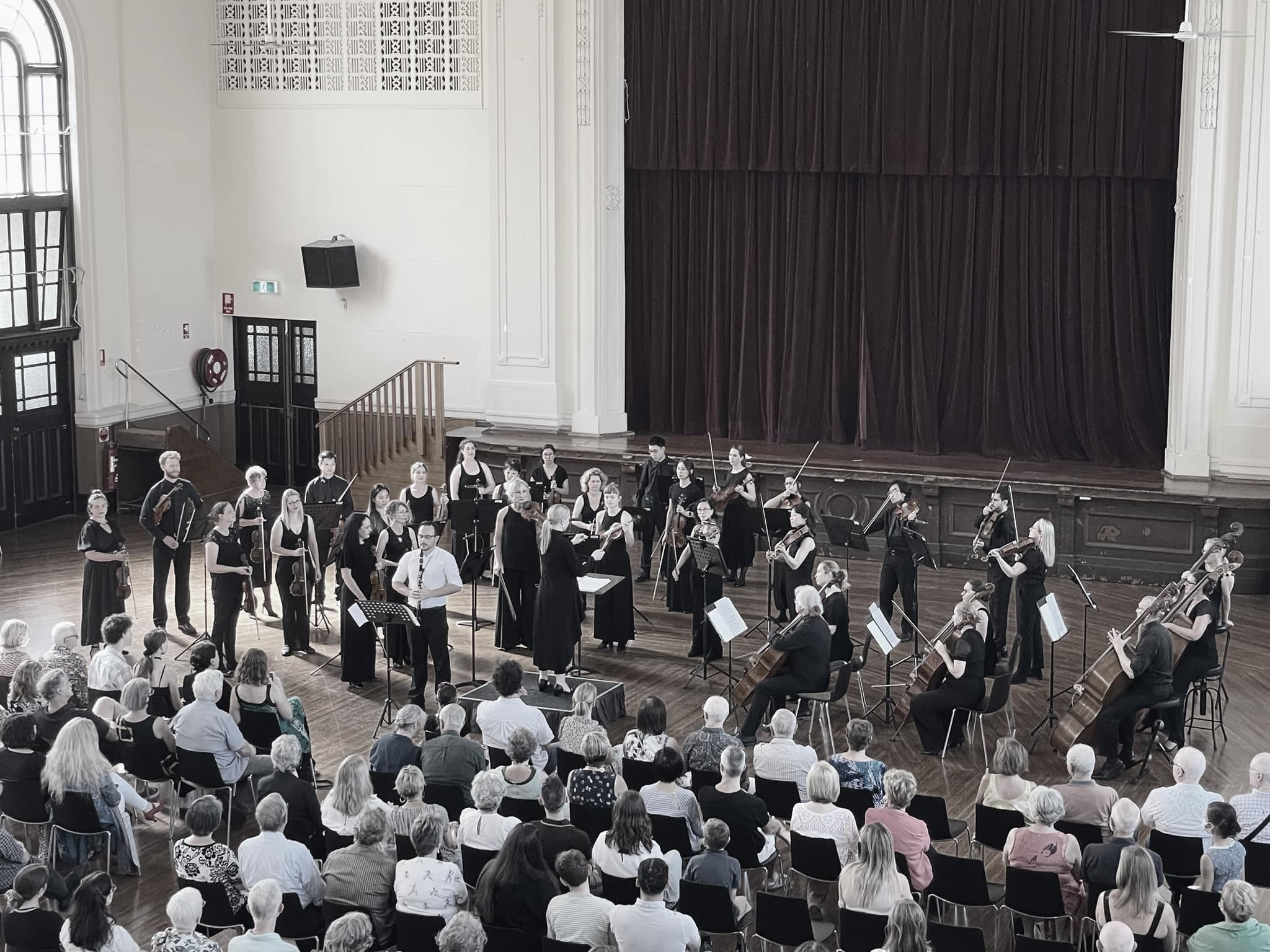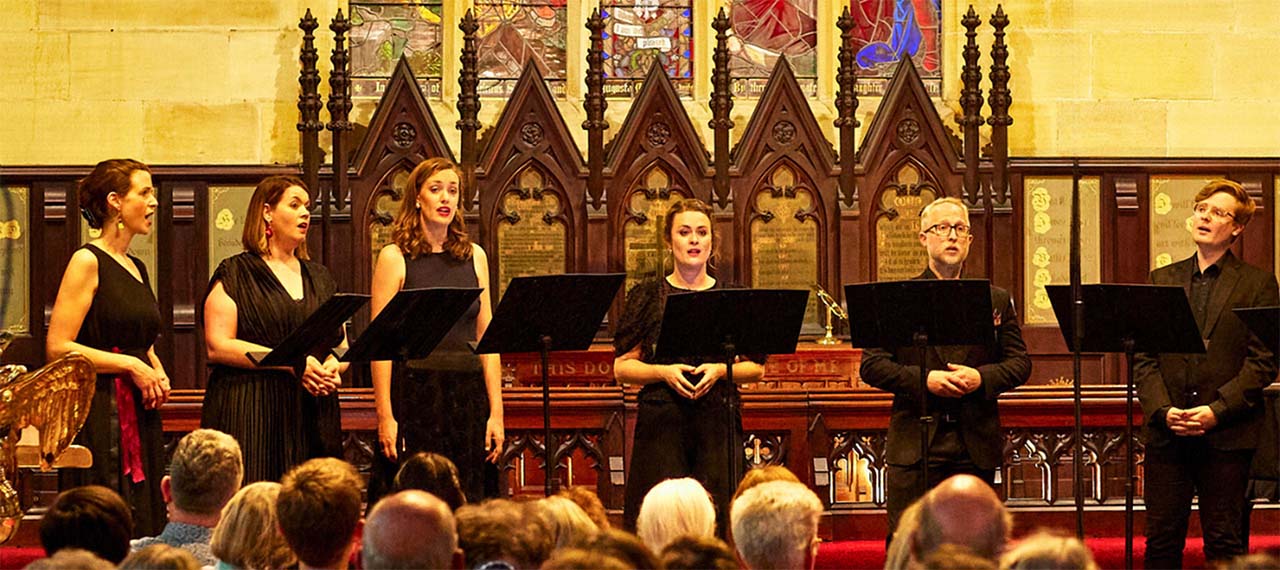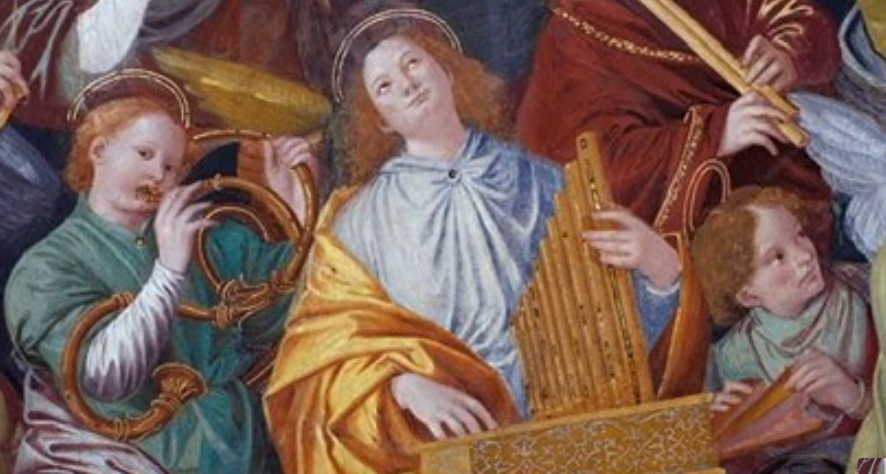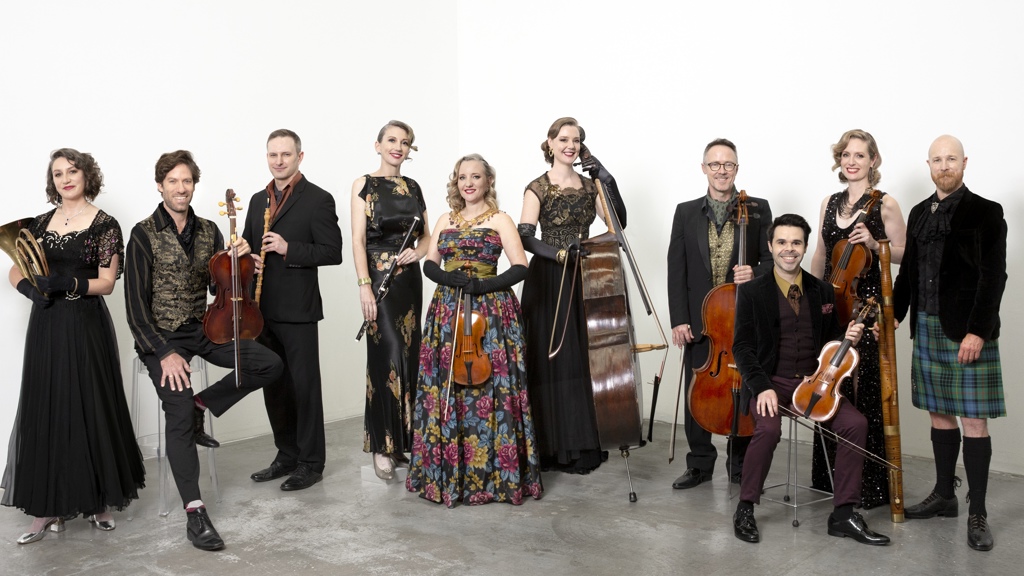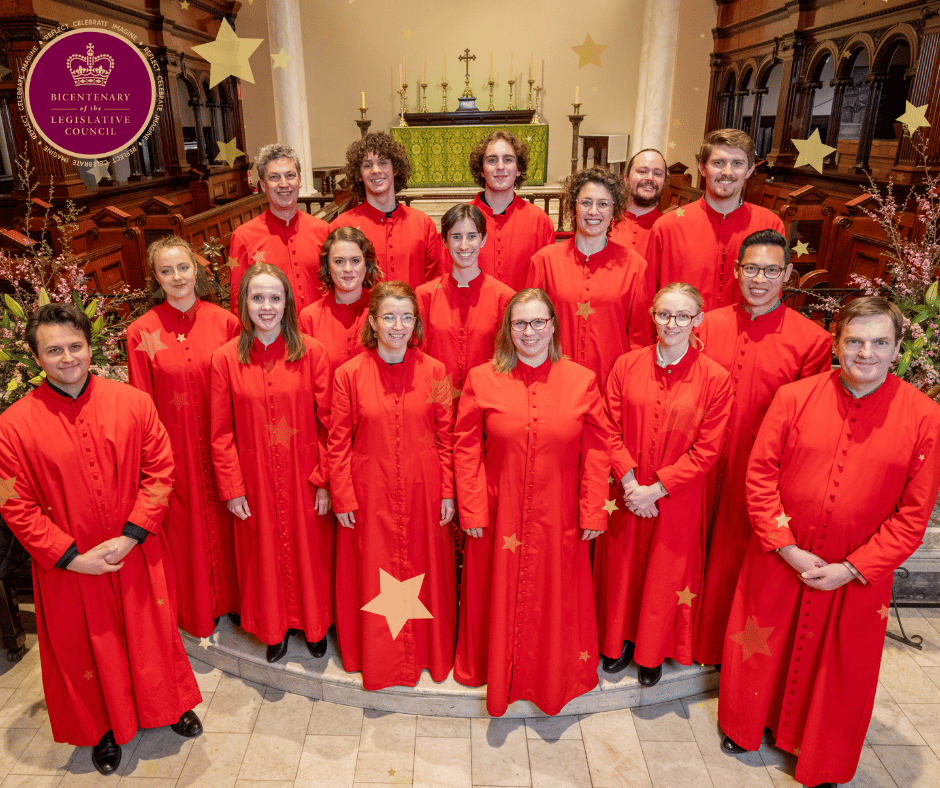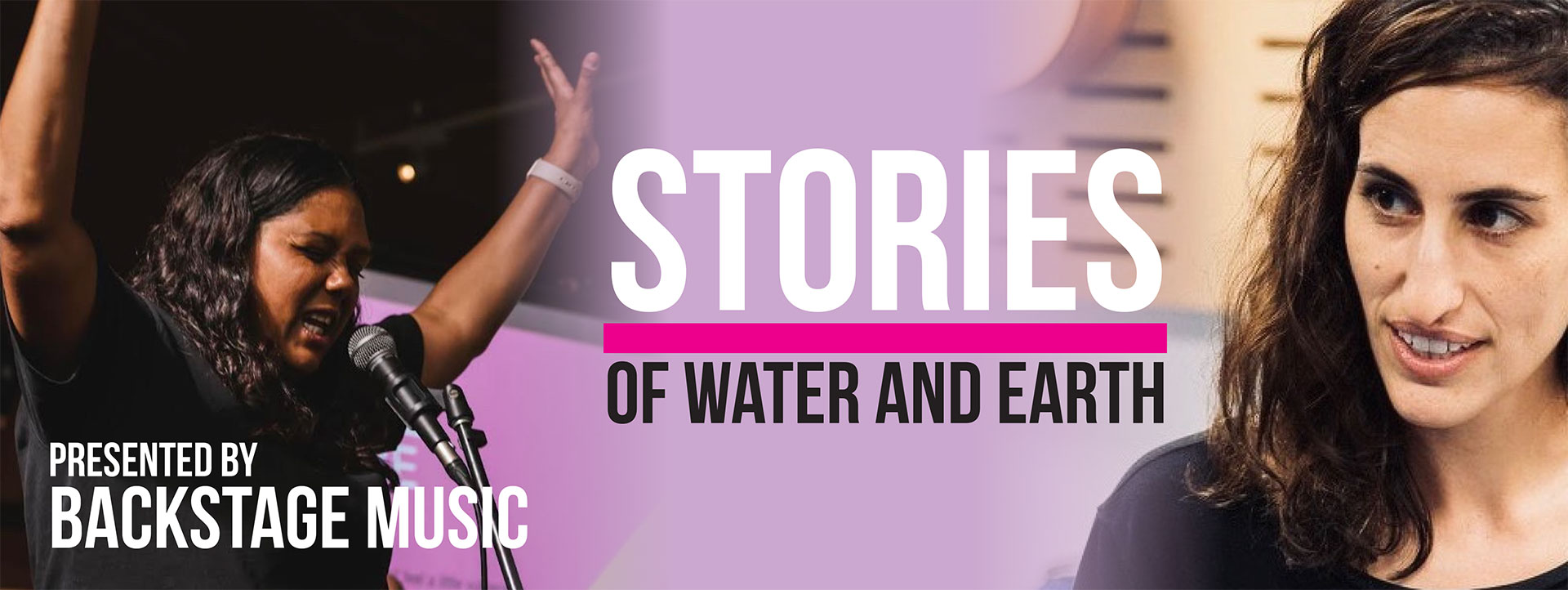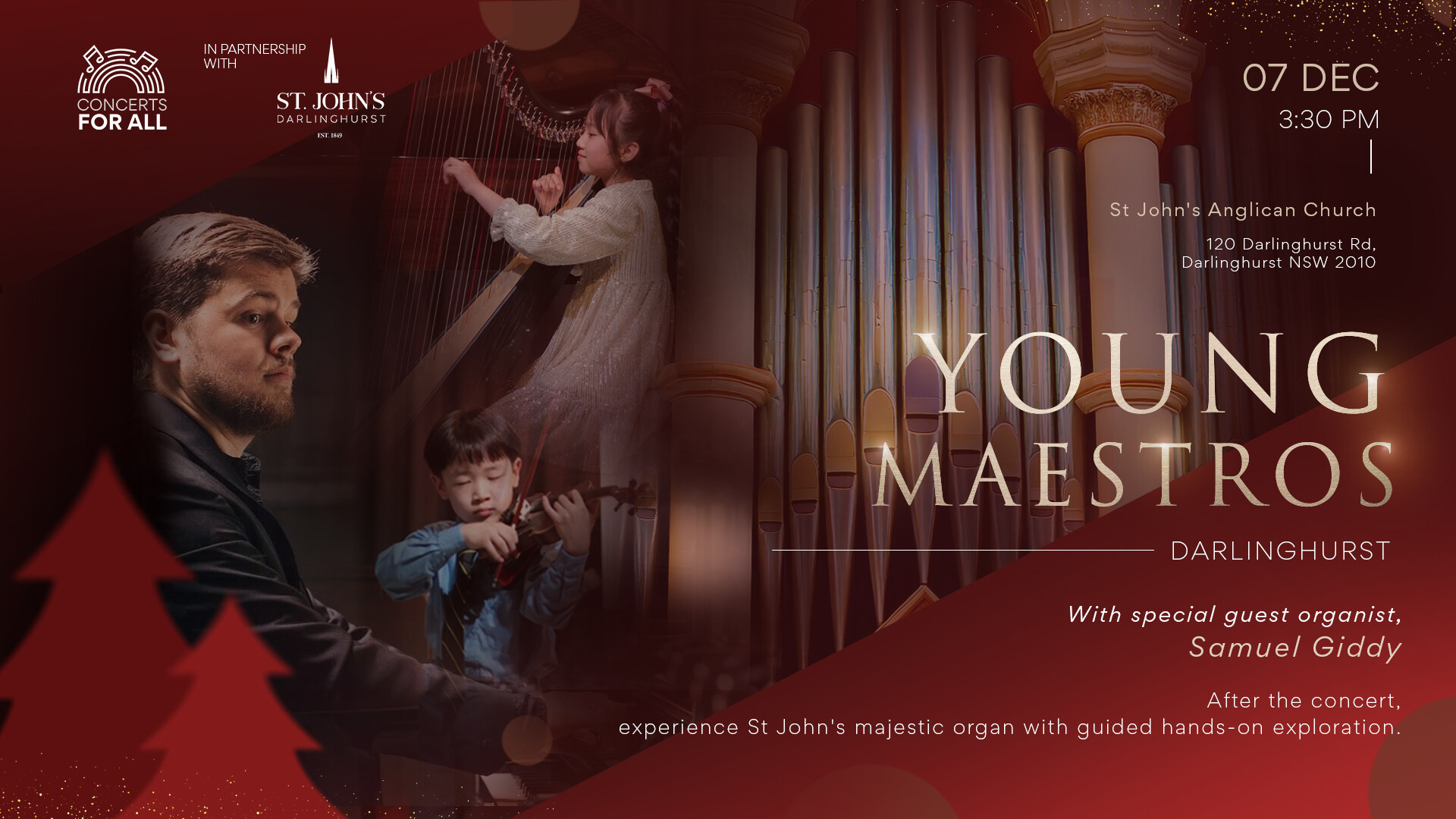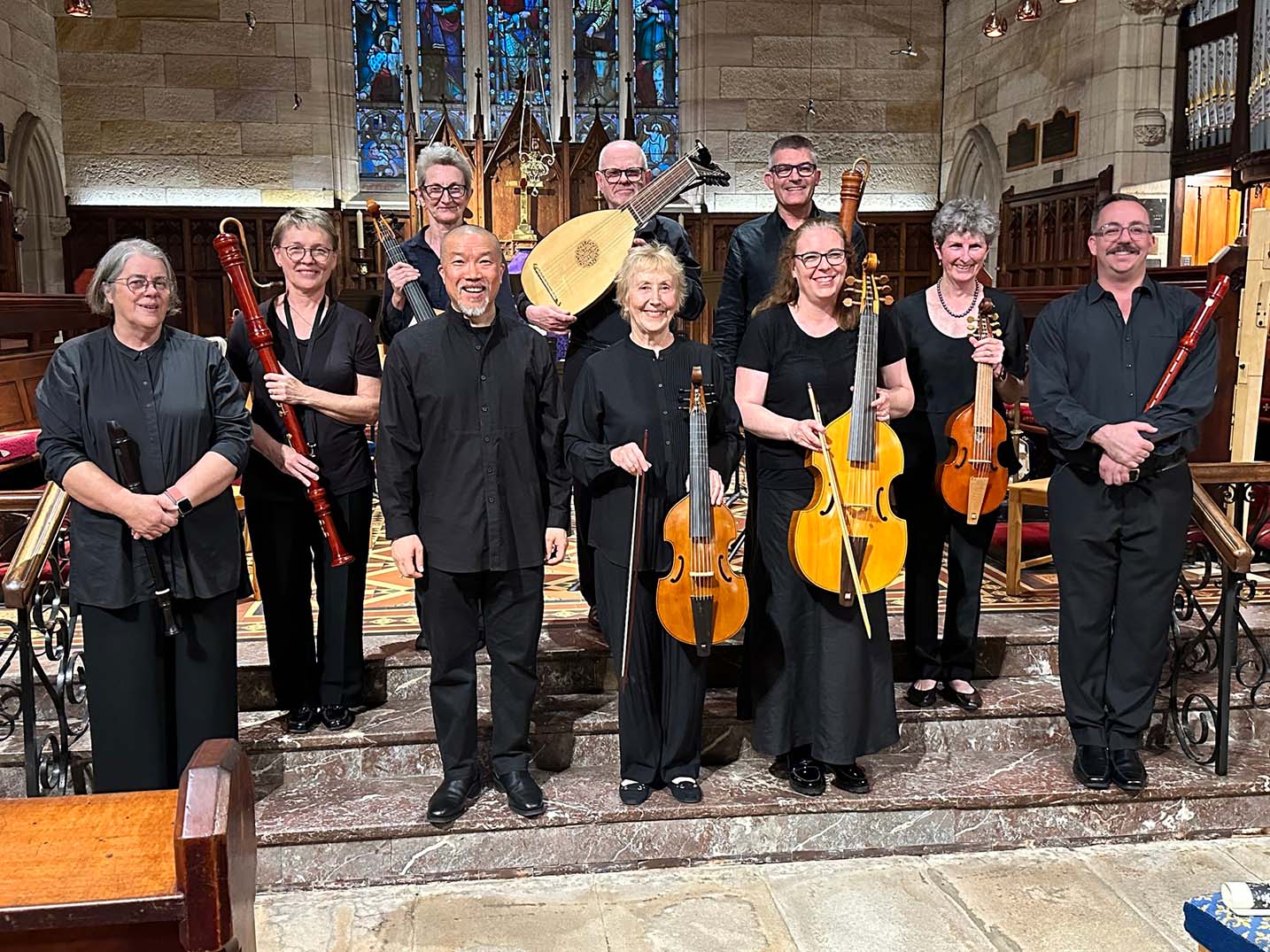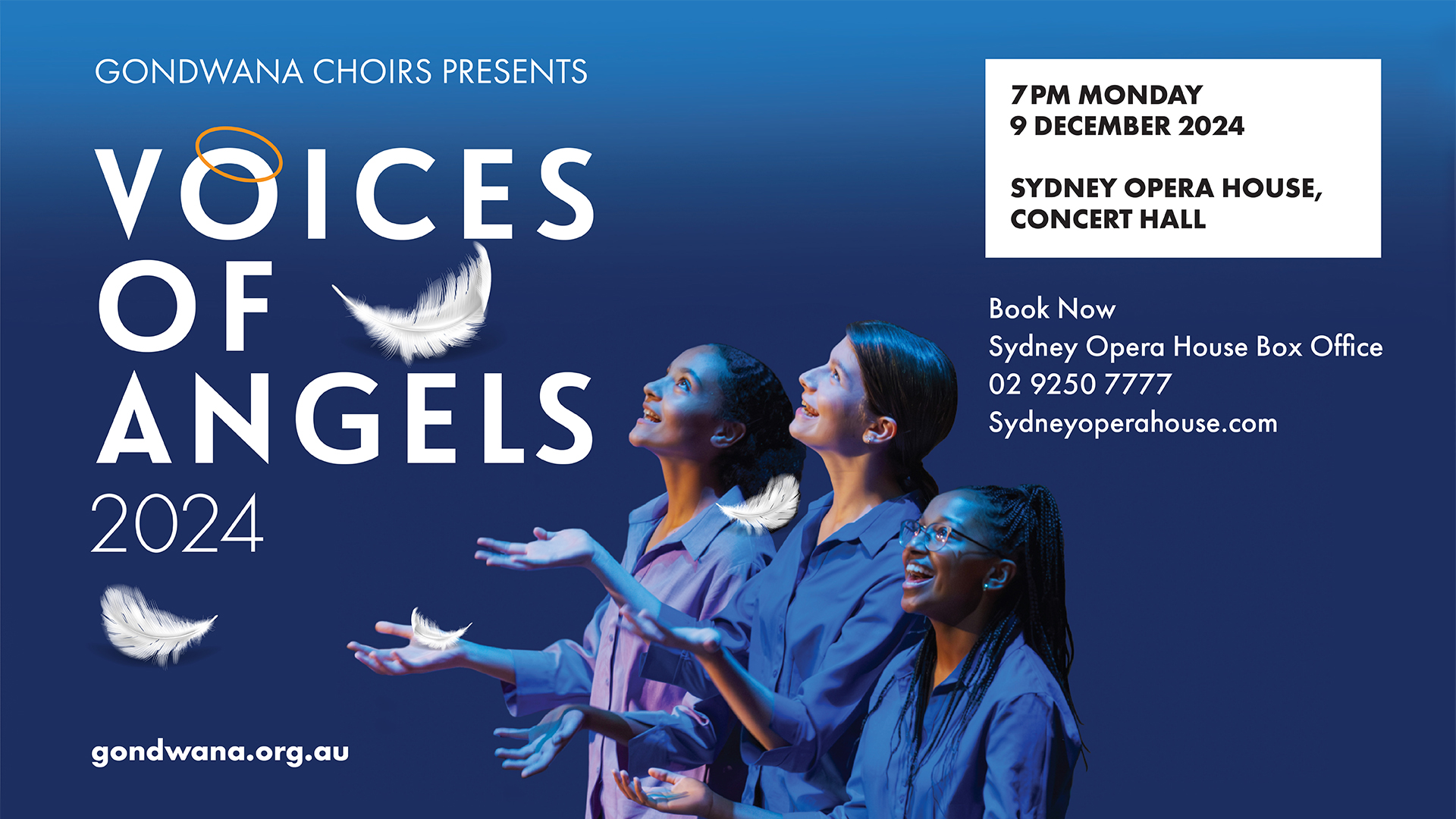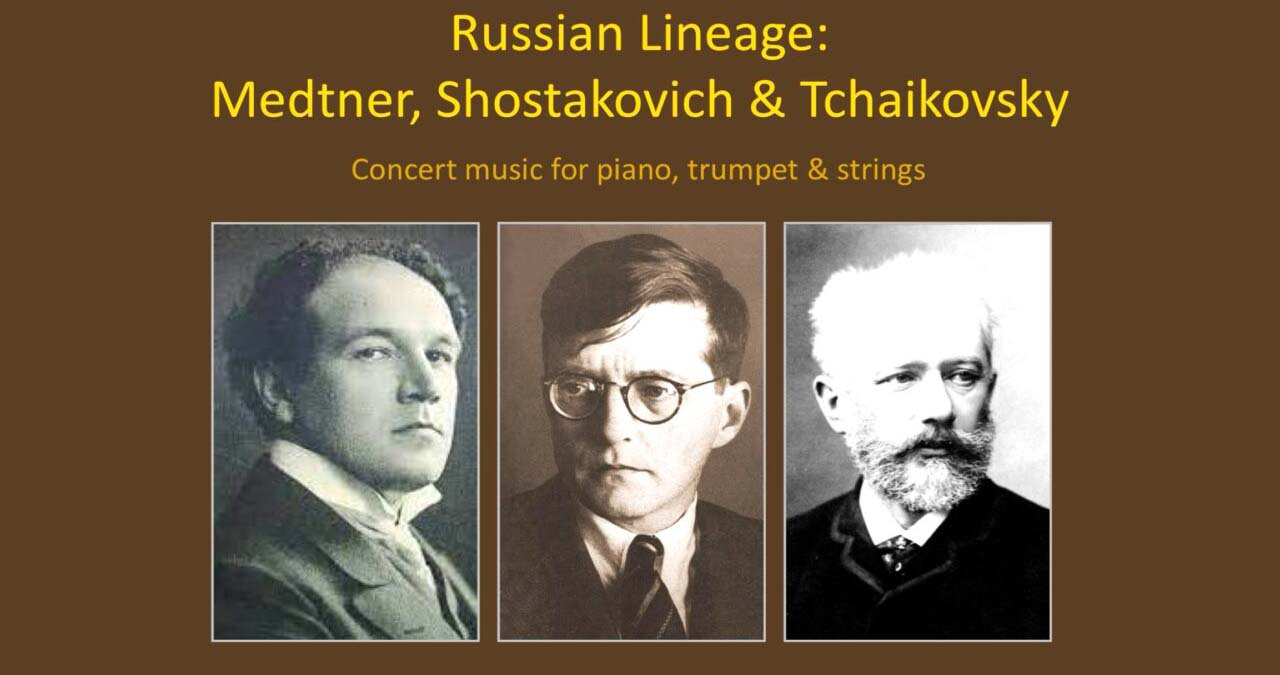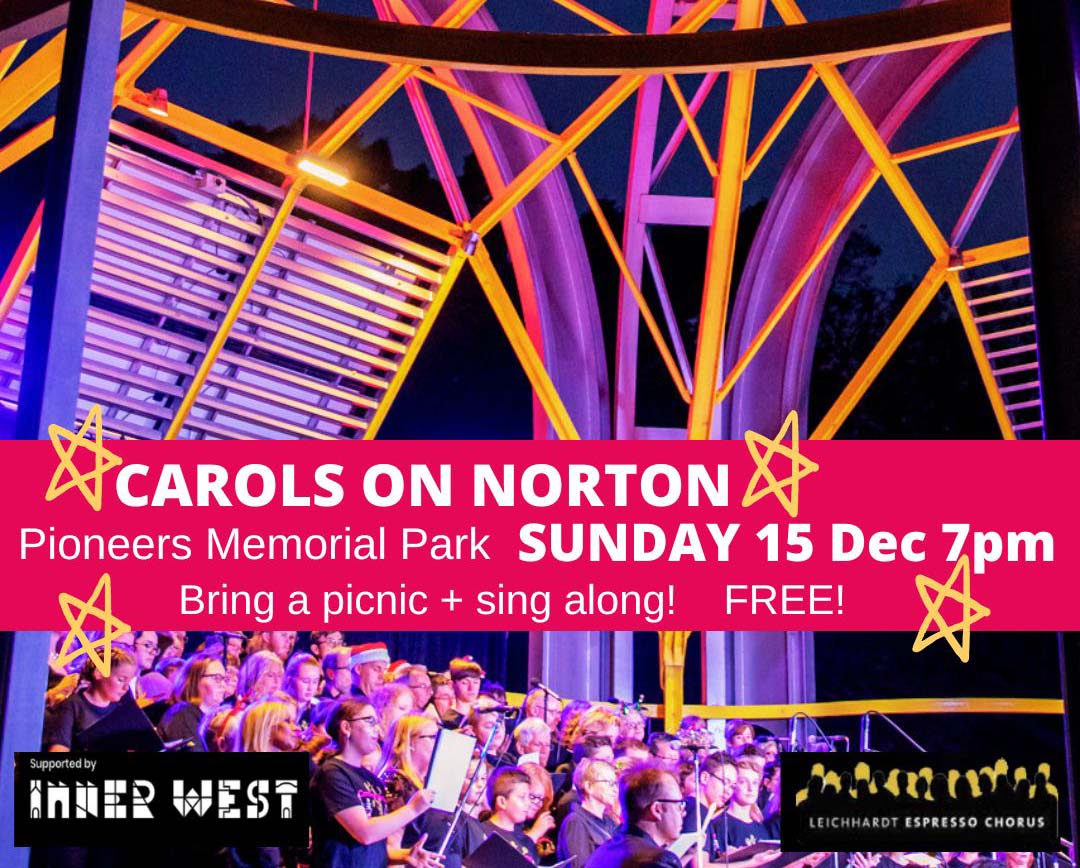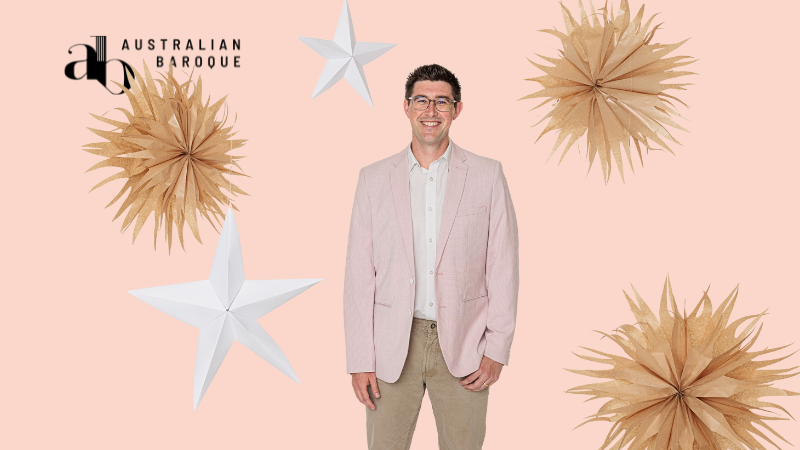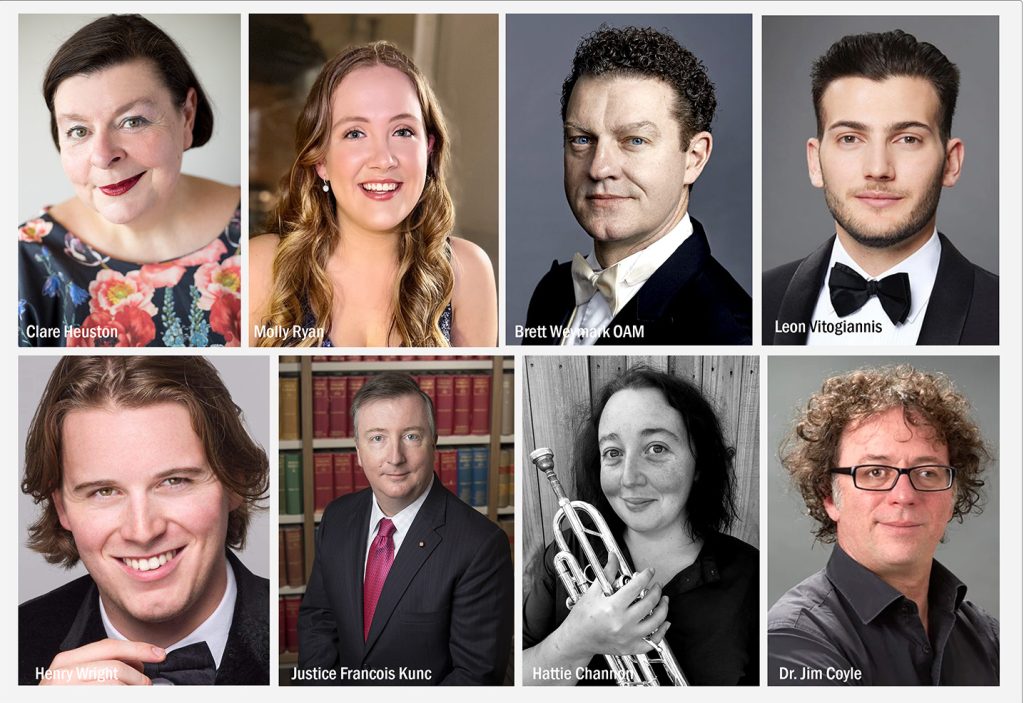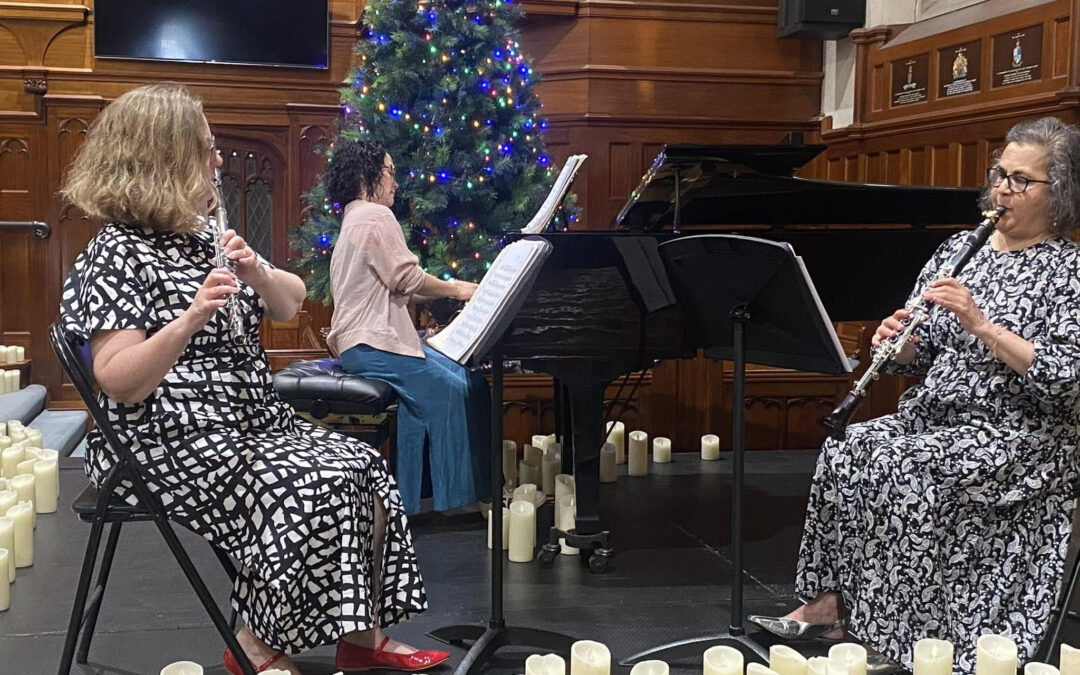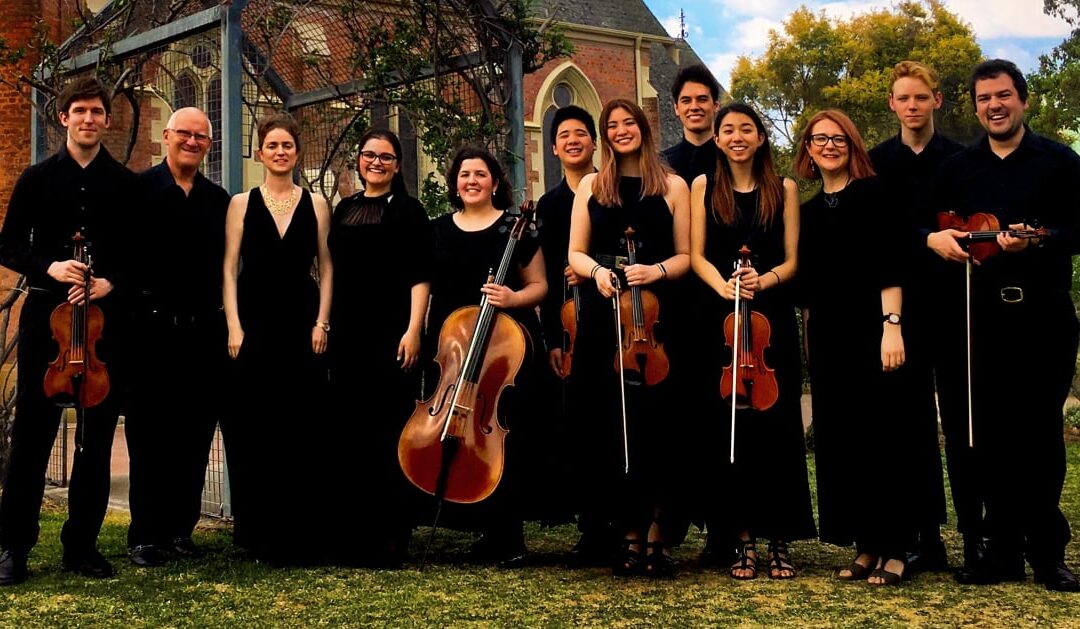The Metropolitan Orchestra | Reminiscing
5 March, 2023, Marrickville Town Hall
First, the good news: last Sunday TMO worked its magic at Marrickville Town Hall. Now, the bad: they won’t be back until 28 May.
This was yet another hugely enjoyable concert performance from The Metropolitan Orchestra, surely one of Sydney’s finest. The impressive line-up of accomplished musicians under the baton of Sarah-Grace Williams held the audience from beginning to end. And, by the way, here was a throng of adults with a sizeable number of young kids in tow, many of them, one suspects, experiencing a classical concert for the first time. From my perch in the balcony, surrounded by young families, there was much to observe: the orchestra and the audience below. There was also much to endure by way of the afternoon heat of summer, with the dial turned up to ‘slow bake’. Despite this minor-ish inconvenience, the kids did really well, including two budding cellists, Finnian and Jayden, sitting close by, who, from time to time politely asked if we were ‘there yet?’ Put another way: how long to go? Bravo to parents helping to launch young people on that long, winding and never-ending journey called classical music.
Mendelssohn, Felix (1809-1847) String Symphony No. 10 in B minor
On to the podium stepped Sarah-Grace Williams, founding Artistic Director and Chief Conductor. With her commanding presence and commanding leadership, where she led, the orchestra followed. First up was Felix Mendelssohn’s String Symphony No. 10 in B minor. The vast majority of us weren’t infant prodigies, unlike young Felix who at the age of 14 produced this remarkable piece. The music got off to a cracking start and spoke for itself. But, what did the young Felix think of his composition, I wonder? It’s difficult to comprehend that mountainous task of scoring the work, but climb the mountain he did. A necessary accompaniment to the lad’s youthful brilliance would have been his own single-mindedness, helped along by spades of parental encouragement (and no doubt stern injunctions), and possession of an astonishing technical grasp of how to make it all work, i.e. to stir the soul. If violin and viola sing praise to melody, those cellos and double bass had a particular appeal for me, the musicians sawing away, deep in concentration and providing tonal contrast to their colleagues over yonder. As you might imagine, and if you were there, the applause rung out.
Koehne, Graeme (1956 – ) Time is a River
It actually helps when you’re not familiar with the music, and neither have you read someone else’s program notes or reviews. I may be wrong, but the purpose of a review such as this is not to parrot the ideas of people far more learn-ed, but to offer the authentic opinion of a neophyte. Anyway, to my mind Koehne’s work was intriguing, beautiful, and invoked the river, not only of time and its endlessness, but also its mystery.
But why Koehne’s choice of the clarinet as centrepiece? Like all of the woodwind instruments (including the saxophone) the sound of the clarinet can be delicate, soothing, bring a sense of urgency, or settle back into a melodic reverie. Limitless permutations. And is not a river, just like time, endless, unless astrophysicists prove otherwise? Think about it. The river starts its journey in the form of precipitation falling on hills and mountains, the gathering volume of water cascading downward where it transits through valleys, onto plains, finally discharging into the sea. Yet, the journey doesn’t end there, because the sun’s rays strike the oceans, creating the rain cycle that is, well, endless. Eternal. Just like time.
Soloist Andrew Doyle did it all – overcoming heat and humidity that would have put Darwin in monsoon season to shame. No matter, soloist and orchestra took up the refrain and that river of time carried us along from the introit, past willow trees lining the banks, birdsong, and waters agitated by rapids – before resolving into circular eddies.
Timeless river, mystic river. Are we not such stuff as dreams are made on?
Tchaikovsky, Pyotr Ilyich (1840 – 1893) Souvenir de Florence Op. 70
Right from baton fall, this was pure, glorious Tchaikovsky. Memories of Florence progress through four movements, each of them emphatically Russian in an Italian sort of way, if you see what I mean. I’m always tempted to get up and dance, throw my arms up and dissolve into the embrace of Pyotr’s musical romanticism. Had I done so this afternoon, the kids sitting close by would have scattered like ten pins on the bowling alley, and probably called the police.
Tchaikovsky’s music is unfailing popular with audiences and it’s not hard to see why. Let’s not dismiss it as simply ‘easy listening’ because it isn’t. You have to work hard to get closer to heaven.
Tchaikovsky had difficulty writing this piece for the St. Petersburg Chamber Music Society, commenting in a letter to his brother that he lacked ideas to express this new form. He wrote: “One needs six independent but, at the same time, homogenous voices. This is frightfully difficult. Haydn never managed to conquer this problem and never wrote anything but quartets for chamber music.” Suffice to say, the piece went through several iterations before emerging in its present published form. Influenced (as with much of his output) by traditional Slavic folk melodies, his music conjures a mirage of peasant life with all its boisterousness and melancholy. Alas, Tchaikovsky’s inner turmoil led him to die by his own hand – a deliberate case of drinking cholera-infected water. A fitting requiem for this tortured genius is Ken Russell’s film, The Music Lovers. Yet, by far the more important is the body of work he left for us to enjoy and remember. Souvenir de Florence was one of them.
